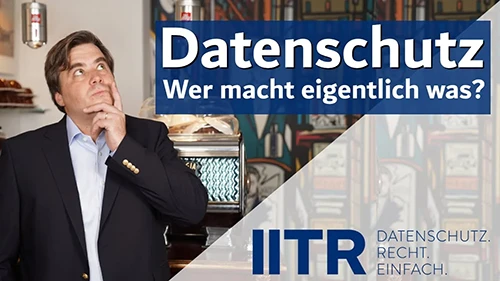Dr. Sebastian Kraska
- Lawyer specializing in data protection law
- Advisory board member of the Journal for Data Protection (ZD)

A data protection coordinator is a key person within an organisation who is responsible for monitoring and coordinating compliance with data protection laws, in particular the General Data Protection Regulation (GDPR) in the European Union. This role is particularly important in times when the protection of personal data is a top priority and strict legal requirements must be met.
The data protection coordinator works closely with the data protection officer (DPO), if appointed, and other departments to ensure that all aspects of data processing within the organisation comply with data protection principles. This includes not only monitoring compliance with data protection regulations, but also implementing data protection strategies and policies, training employees on data protection issues, and advising on the development of new projects or processes with data protection in mind.
The data protection coordinator plays a central role in promoting a data protection culture within the organisation and serves as a point of contact for employees and external enquiries regarding data protection. Their work helps to minimise the risk of data breaches and strengthen public confidence in the organisation by ensuring that personal data is handled securely and in accordance with legal requirements.
Data protection remains a challenge for many companies. Our practical seminar training course for data protection coordinators provides the necessary knowledge in 17 compact modules – from the record of processing activities to data protection impact assessments.
Specialists from compliance, IT, HR and administration who implement data protection in their companies. The seminar can be completed in one day, ideally spread over two to three half-days.
Our video-based seminar combines theory with practical instructions and provides support with proven data protection management systems (data protection kit, compliance kit 2.0). Participants learn how to efficiently manage data protection processes and document them in a structured manner.
Upon completion, participants receive a certificate and permanent access to the content – ideal for refreshing knowledge and training new colleagues.
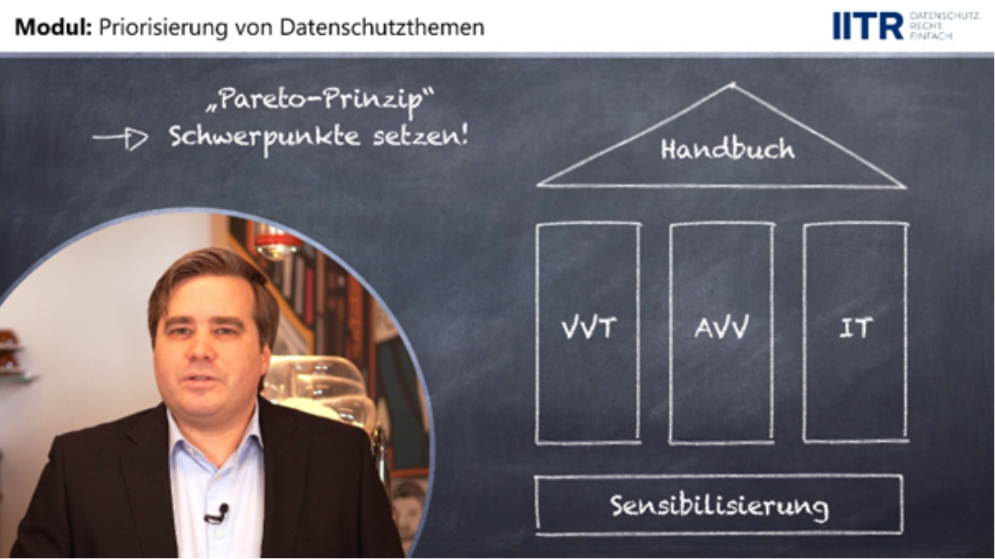
Have we sparked your interest in our training programme for data protection coordinators? We would be happy to arrange a consultation with you.
When appointing your external data protection officer through IITR Datenschutz GmbH, you will be supported by qualified data protection consultants. Learn more about the qualifications and areas of expertise of our team:

Dr. Sebastian Kraska

Michael Wehowsky

Sabine Schmitt-Hennig
IITR Datenschutz GmbH offers you a certified data protection management system in accordance with ISO 27701. We are also a member of the DIN association.
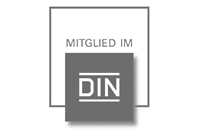

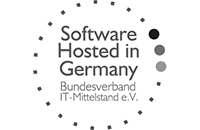
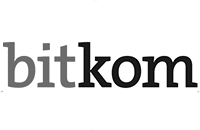
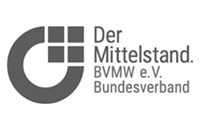

Becoming a data protection coordinator usually requires a combination of specialized training and practical experience. A degree in law, computer science, or economics can provide a solid foundation. Knowledge of data protection laws such as the GDPR is also essential. Many data protection coordinators complete special training or certification in data protection to deepen their expertise. Practical experience in data protection projects or IT security is also an advantage. Strong analytical skills, a good understanding of processes, and strong communication skills are essential for successfully performing this role.

In principle, anyone with the necessary expertise in data protection law and an understanding of the relevant technical and organizational measures can become a data protection coordinator. This includes individuals with a background in law, information technology, business administration, or similar fields who have specialized in data protection through further training, certifications, or practical experience. Analytical skills, attention to detail, and strong communication skills are also important. Organizations often look for candidates with a good understanding of internal processes and the ability to effectively integrate data protection requirements into existing processes.

The salary of a data protection coordinator can vary greatly and depends on factors such as professional experience, industry, company size, and location. In Germany, the average annual salary of a data protection coordinator is between €40,000 and €70,000. In larger companies or specialized industries with high data protection requirements, salaries can also be higher. Additional qualifications and specialized knowledge in the field of data protection can further increase income.
Have we sparked your interest in our training program for data protection coordinators? We would be happy to arrange a consultation with you.

The data protection officer (DPO) is a legally required role in organizations that process large amounts of personal data and serves as an independent expert on data protection issues, monitoring compliance, and acting as a point of contact for data protection authorities. The data protection coordinator, on the other hand, supports and coordinates the implementation of data protection measures within the organization, often works operationally, and can act as a link between different departments and the DPO. While the DPO has more of an advisory and supervisory role, the data protection coordinator is more involved in the day-to-day processes and practical implementation of data protection.
Companies and organizations that process personal data usually need a data protection coordinator to ensure compliance with data protection laws, in particular the General Data Protection Regulation (GDPR) in the European Union. This includes a wide range of organization types, including:
1. Large companies: Especially those that process large amounts of personal data or handle special data such as health information, financial details, or children's data.
2. Technology and IT companies: Companies that offer cloud services, software development, or online platforms must implement strict data protection measures.
3. Healthcare sector: Hospitals, medical practices, and other healthcare providers that process sensitive health data.
4. Financial institutions: Banks, insurance companies, and other financial service providers that manage customer information.
5. Educational institutions: Schools and universities that process personal data of pupils and students.
6. Public sector: Government agencies and public institutions that collect and process citizen data for various purposes.
7. E-commerce companies: Online retailers that use customer data for transactions and marketing purposes.
Essentially, any organization that processes personal data to an extent that requires systematic monitoring, evaluation, and improvement of data protection practices needs a data protection coordinator to ensure compliance and minimize the risk of data breaches.
